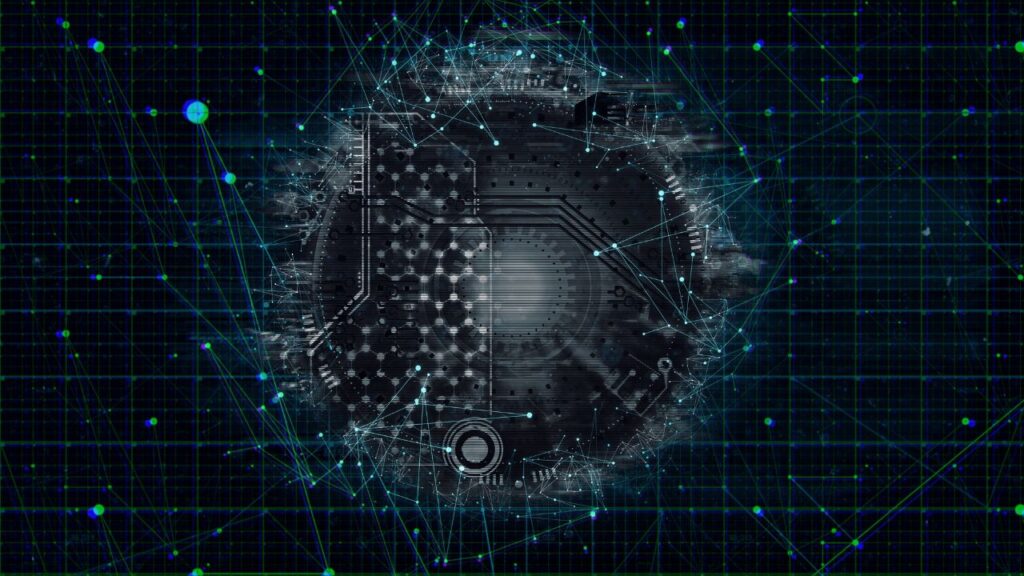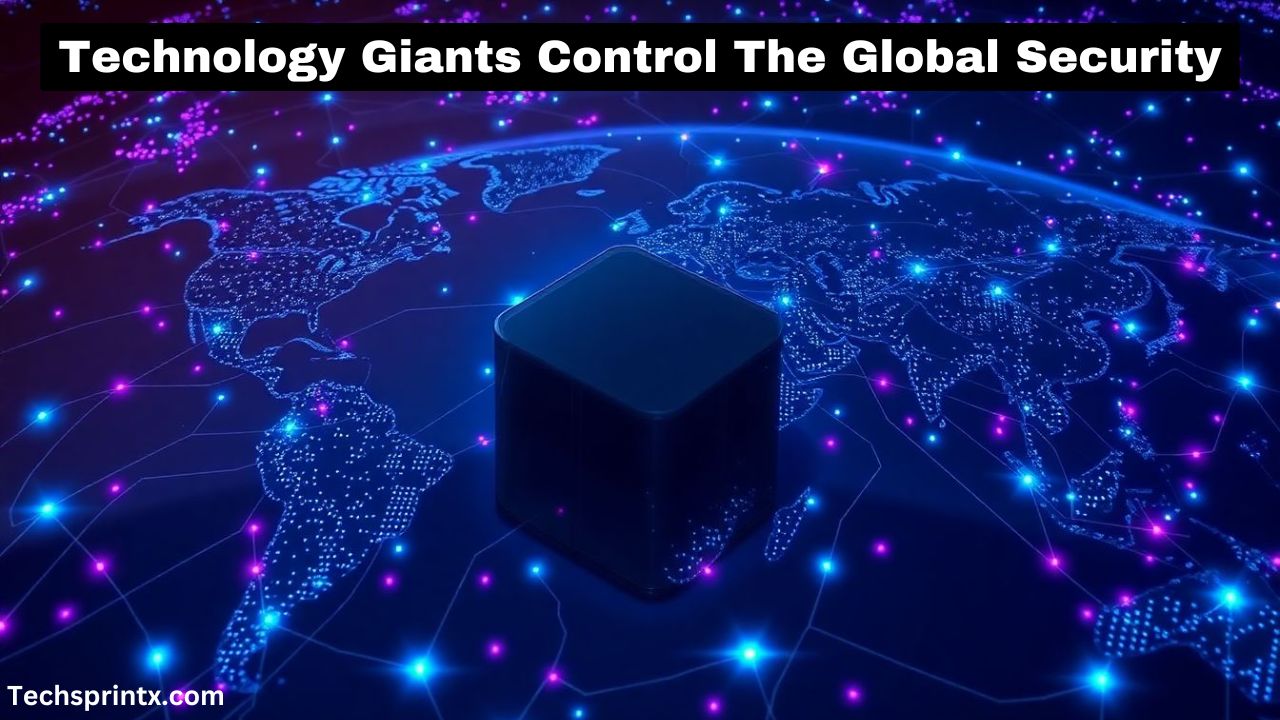Table of Contents
The rise of technology giants has fundamentally altered the landscape of global security. Companies like Google, Amazon, Facebook (now Meta), Microsoft, and Apple have not only revolutionized the way we communicate, shop, and work but have also gained unprecedented control over vast amounts of sensitive data. This influence raises critical questions about ethics, privacy, and the overall safety of digital and national security frameworks. Technology giants control the global security in ways that were once unimaginable, affecting everything from surveillance to geopolitical relations.
From data collection and surveillance to the control of essential infrastructure, these corporations wield power that surpasses even some governments. While their innovations have made life more convenient, their grip on global security introduces significant risks that demand closer examination. Technology giants control the global security by maintaining monopolies over data storage and cybersecurity solutions, leaving nations dependent on their systems.
Data Domination: The Power of Information
Data is often referred to as the new oil, and tech companies act as the modern-day oil barons. Every search query, online transaction, and social media interaction contributes to the vast ocean of digital information that these corporations mine, analyze, and monetize. Technology giants control the global security by leveraging this data for intelligence, advertising, and law enforcement applications.
Surveillance and Predictive Policing
Tech giants leverage the data they collect for various purposes, including advertising, user experience enhancements, and even predictive policing. Predictive policing involves using algorithms to analyze past crime data and predict where crimes are likely to occur. While this may sound beneficial, it raises serious ethical concerns:
- Privacy Invasion: Users often have little control over how their data is used.
- Risk of Misuse: Governments and private organizations may use this data to monitor individuals without their consent.
- Algorithmic Bias: Predictive policing can reinforce racial and socioeconomic biases present in historical crime data.
These issues highlight how Technology giants control the global security, sometimes at the cost of personal freedoms.
Case Study: Facebook’s Data Collection and Security Impact
Facebook, now Meta, has repeatedly faced scrutiny for mishandling user data. One of the most infamous incidents was the Cambridge Analytica scandal, where millions of users’ personal information was harvested without consent and used for political advertising. This incident demonstrated how technology giants control the global security by determining the flow of information that influences elections and public sentiment.
Infrastructure Influence: The Control of Essential Systems

Beyond data, tech giants control the very backbone of digital infrastructure. Cloud services provided by Amazon Web Services (AWS), Google Cloud, and Microsoft Azure power everything from small businesses to government operations. This centralization, while efficient, poses severe risks.
Concentration of Power
When only a handful of corporations control critical digital infrastructure, it creates a monopoly that makes global systems vulnerable to:
- Massive Outages: If a key service provider experiences downtime, it can cripple businesses, healthcare systems, and financial institutions.
- Security Breaches: Hackers targeting a single cloud provider could access vast amounts of sensitive data in one go.
- Geopolitical Risks: Governments relying on foreign tech companies for infrastructure may find themselves at a disadvantage during diplomatic conflicts.
Security Breaches: The 2020 AWS Outage
In December 2020, Amazon Web Services (AWS) suffered a major outage that disrupted countless businesses and services worldwide. Platforms like Netflix, Disney+, and even critical hospital networks experienced downtime, highlighting how dependent the world has become on a few key players. Such incidents expose the inherent risk of centralizing digital infrastructure in the hands of a few corporations, reinforcing how technology giants control the global security to a worrying extent.
Algorithmic Bias & Security: The Unseen Dangers
As artificial intelligence (AI) and machine learning systems play a more significant role in security protocols, the issue of algorithmic bias comes into focus. While these systems are designed to be objective, biases embedded in training data can lead to flawed decision-making, demonstrating yet another way technology giants control the global security without accountability.
The Geopolitical Implications: National Security & Tech Giants
Tech giants do not operate in a vacuum. Their decisions and policies influence global politics, international relations, and national security. Technology giants control the global security by deciding who gets access to data, influencing international treaties, and even shaping the course of conflicts.
Regulating the Titans: Navigating the Complexities
Despite their massive influence, tech giants often operate in a gray area when it comes to regulations. Laws and policies struggle to keep pace with technological advancements, creating loopholes that companies exploit. Technology giants control the global security partly because existing legal frameworks fail to keep them in check.
Conclusion: Towards a More Secure Digital Future
The control of global security by tech giants presents both opportunities and challenges. Their influence is undeniable, and without proper oversight, their power can lead to severe consequences. However, with increased awareness, stronger regulations, and more ethical business practices, we can mitigate the risks associated with their dominance. Technology giants control the global security, but it is up to governments, corporations, and individuals to ensure that this power is used responsibly.

